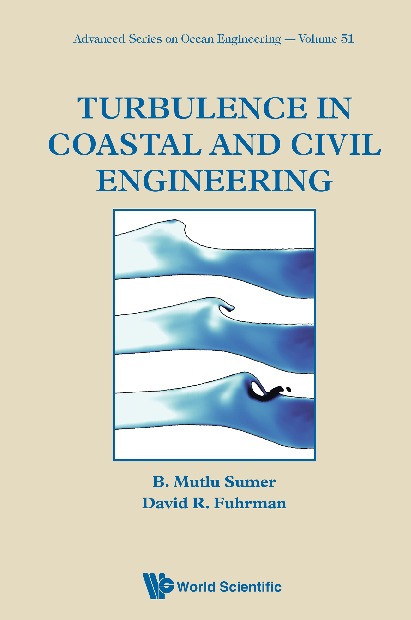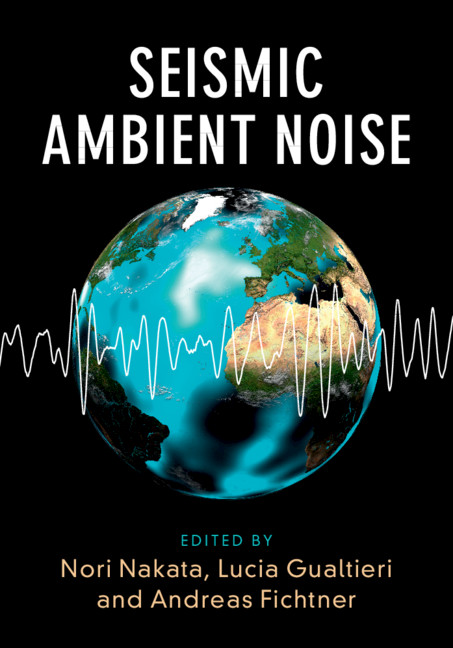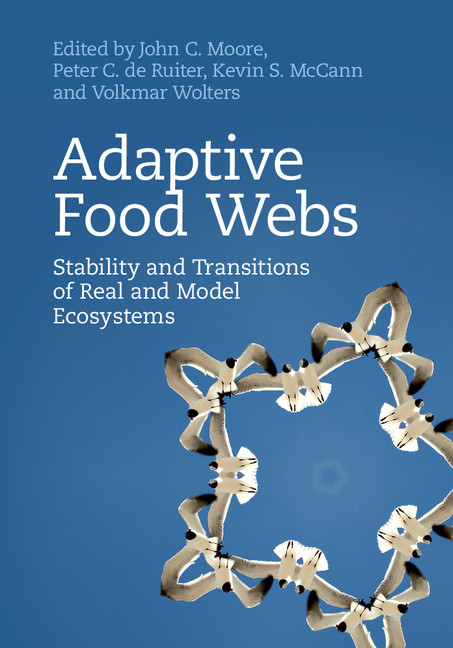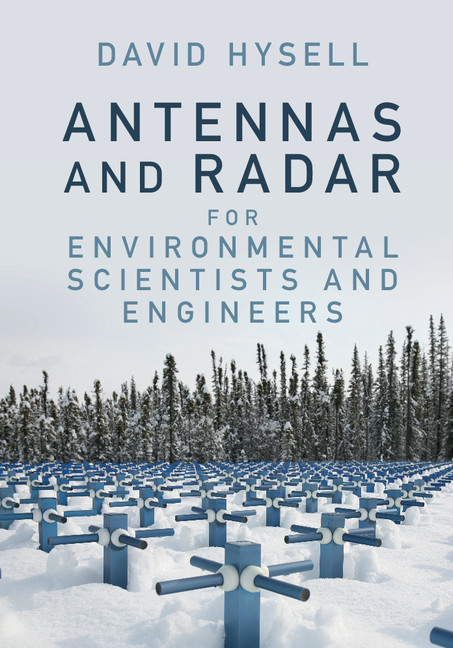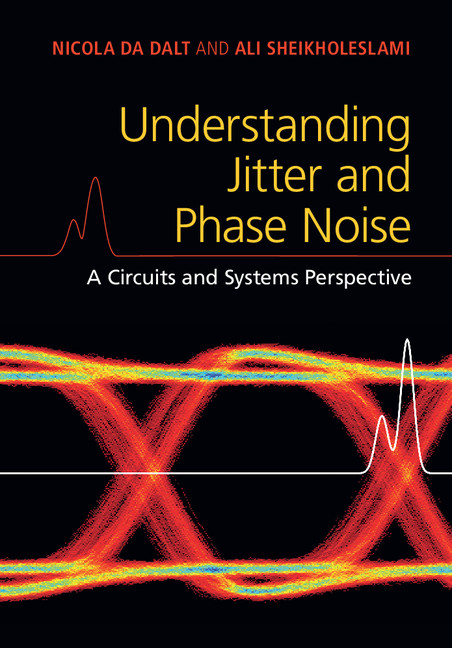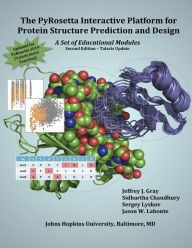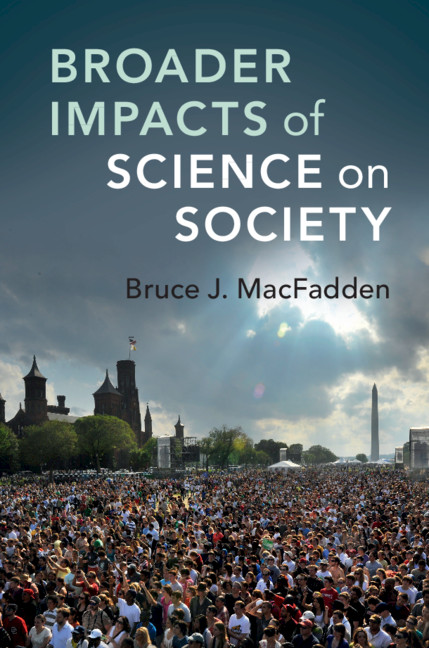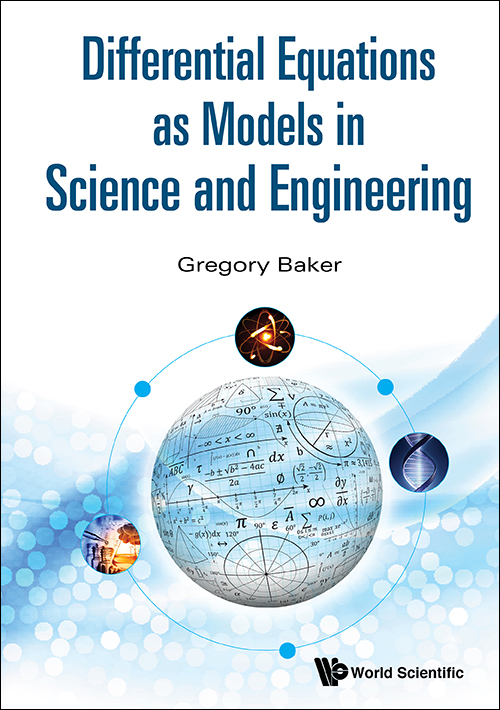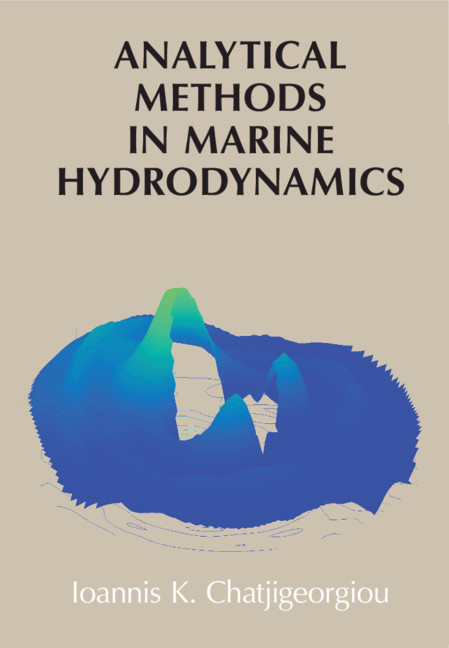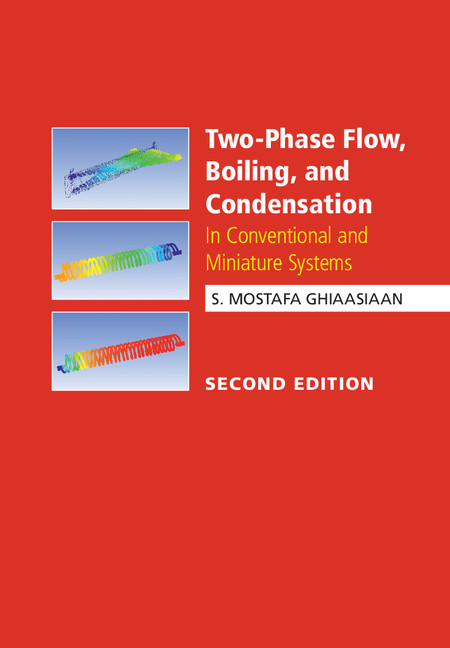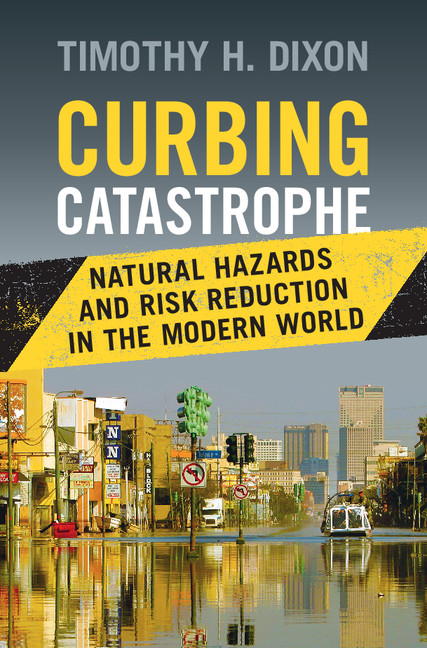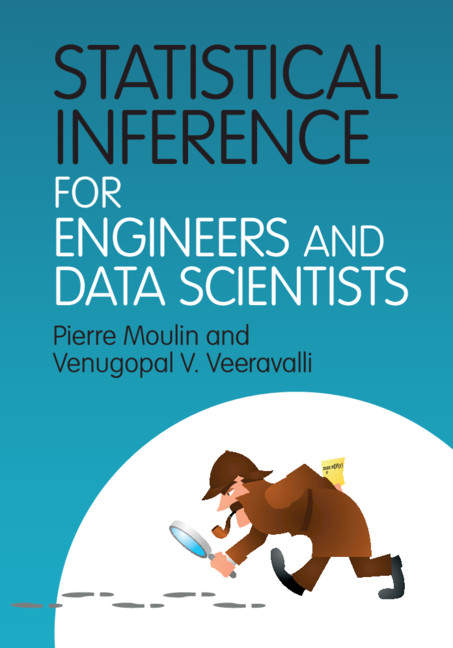Turbulence in Coastal and Civil Engineering
by B Mutlu Sumer
2020-05-27 07:03:14
Turbulence in Coastal and Civil Engineering
by B Mutlu Sumer
2020-05-27 07:03:14
This book discusses the subject of turbulence encountered in coastal and civil engineering. The primary aim of the book is to describe turbulence processes including transition to turbulence; mean and fluctuating flows in channels/pipes, and in curre...
Read more
This book discusses the subject of turbulence encountered in coastal and civil engineering. The primary aim of the book is to describe turbulence processes including transition to turbulence; mean and fluctuating flows in channels/pipes, and in currents; wave boundary layers (including boundary layers under solitary waves); streaming processes in wave boundary layers; turbulence processes in breaking waves including solitary breaking waves; turbulence processes such as bursting process and their implications for sediment transport; flow resistance in steady and wave boundary layers; and turbulent diffusion and dispersion processes in the coastal and river environment, including sediment transport due to diffusion/dispersion. Both phenomenological and statistical theories are described in great detail. Turbulence modelling is also described, and several examples for modelling of turbulence in steady flow and wave boundary layers are presented. The book ends with a chapter containing hands-on exercises on a wide variety of turbulent flows including experimental study of turbulence in an open-channel flow, using Laser Doppler Anemometry; Statistical, correlation and spectral analysis of turbulent air jet flow; Turbulence modelling of wave boundary layer flows; and numerical modelling of dispersion in a turbulent boundary layer, a set of exercises used by the authors in their Masters classes over many years. Although the book is essentially intended for professionals and researchers in the area of Coastal and Civil Engineering, and as a text book for graduate/post graduate students, the contents of the book will, however, additionally provide sufficient background in the study of turbulent flows relevant to many other disciplines, such as Wind Engineering, Mechanical Engineering, and Environmental Engineering.
Less


